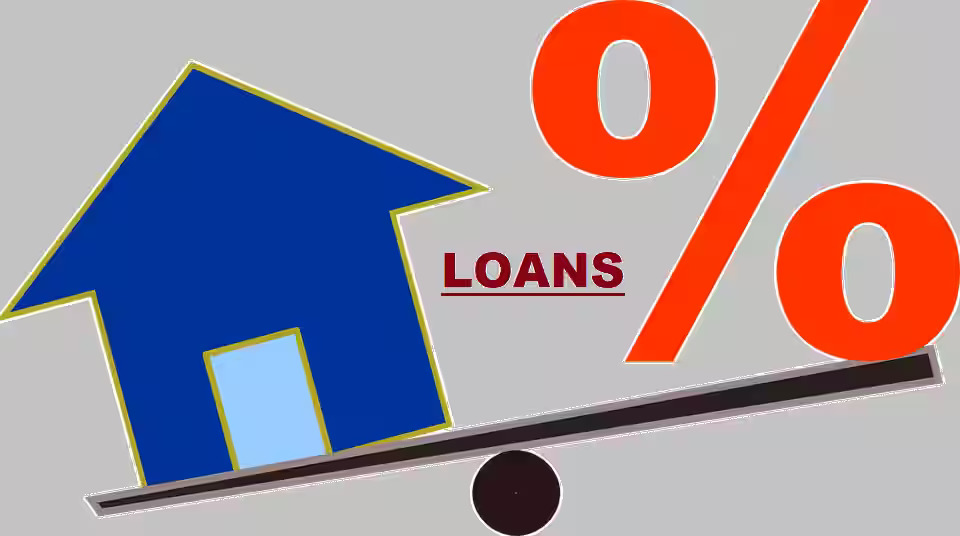Homeownership is a goal for many people, but it can be overwhelming to navigate the requirements for obtaining a home loan. One of the most critical factors in getting approved for a home loan is meeting the income requirements. In this article, we’ll explore how to determine your eligibility for a home loan, including how to use a home loan eligibility calculator and what other factors lenders consider.
Using a Home Loan Eligibility Calculator
Before applying for a housing loan, it’s essential to know where you stand in terms of eligibility. One way to do this is to use a home loan eligibility calculator. This tool can help you determine your loan eligibility based on a few factors, including your income, credit score, and current debts.
To use a home loan eligibility calculator, you’ll need to input some basic information. Typically, this includes your income, the loan amount you need, your credit score, and any monthly debt obligations. Once you’ve entered your information, the calculator will provide an estimated range of loan amounts you may qualify for.
Using a home loan eligibility calculator can be a helpful first step in the home loan process. It can give you an idea of what you may be able to afford, and it can also help you identify areas where you may need to improve your financial situation.
Factors That Determine Home Loan Eligibility
In addition to your income, several other factors impact your eligibility for a housing loan. Here are some of the critical factors that lenders consider when reviewing loan applications:
Credit Score
Your credit score is a significant factor in determining your eligibility for a home loan. A credit score is a numerical representation of your creditworthiness, and it’s based on your credit history, including your payment history, outstanding debts, and credit utilization.
Lenders typically require a credit score of at least 620 to qualify for a home loan. However, a higher credit score may help you secure more favorable loan terms, such as a lower interest rate.
Debt-to-Income Ratio
Your debt-to-income ratio (DTI) is another crucial factor in determining your eligibility for a home loan. Your DTI is the percentage of your monthly income that goes toward debt payments, including your housing payment.
Most lenders require a DTI of no more than 43%, although some may be more flexible, depending on your other financial factors. To calculate your DTI, divide your total monthly debt payments by your gross monthly income.
Employment History
Lenders want to see a stable employment history because it indicates that you have a reliable source of income to repay your loan. Most lenders require that you have at least two years of continuous employment with the same employer or in the same field.
If you don’t have a stable employment history, you may still be able to get approved for a loan with a co-signer or by showing that you have a consistent income stream from other sources.
Savings and Assets
Lenders typically like to see that borrowers have some savings or other assets that they can use in case of financial difficulties. Having savings shows that you’re financially responsible and that you have a backup plan in case something goes wrong.
Down Payment
While some loan programs allow for low or no down payment options, having a down payment can help you secure more favorable loan terms. A larger down payment means that you’re borrowing less money, which can result in a lower monthly payment and less interest over time.
Closing Costs
In addition to the down payment, you’ll need to pay for closing costs when you buy a home. These can include fees for the appraisal, title search, and other services. Closing costs typically range from 2% to 5% of the total loan amount.
If you don’t have enough money saved for the down payment and closing costs, you may be able to get assistance from government programs or other sources. Be sure to research your options before starting the home loan process.
Tips for Increasing Your Home Loan Eligibility
If you’re concerned about meeting the income requirements for a home loan, there are steps you can take to increase your eligibility. Here are some tips to consider:
Improve Your Credit Score
If your credit score is lower than 620, you may want to work on improving it before applying for housing loan. This can include paying down debts, making payments on time, and disputing any errors on your credit report.
Reduce Your Debt-to-Income Ratio
If your DTI is above 43%, you may want to focus on paying down debt to reduce it. You can do this by paying off credit cards or other loans, increasing your income, or reducing your expenses.
Increase Your Income
If your income is too low for the loan you need, you may want to consider ways to increase it. This can include getting a higher-paying job, taking on additional freelance work, or starting a side hustle.
Save for a Larger Down Payment
Saving for a larger down payment can help you secure more favorable loan terms. Consider cutting expenses or finding ways to increase your income to save more money.
Final Thoughts
Navigating the income requirements for a home loan can be complex, but using a home loan eligibility calculator can help give you a better idea of where you stand. Remember to consider all the factors that lenders use to determine eligibility and take steps to improve your financial situation if needed. Finally, be sure to shop around for loans from multiple lenders to find the best terms for your situation.

